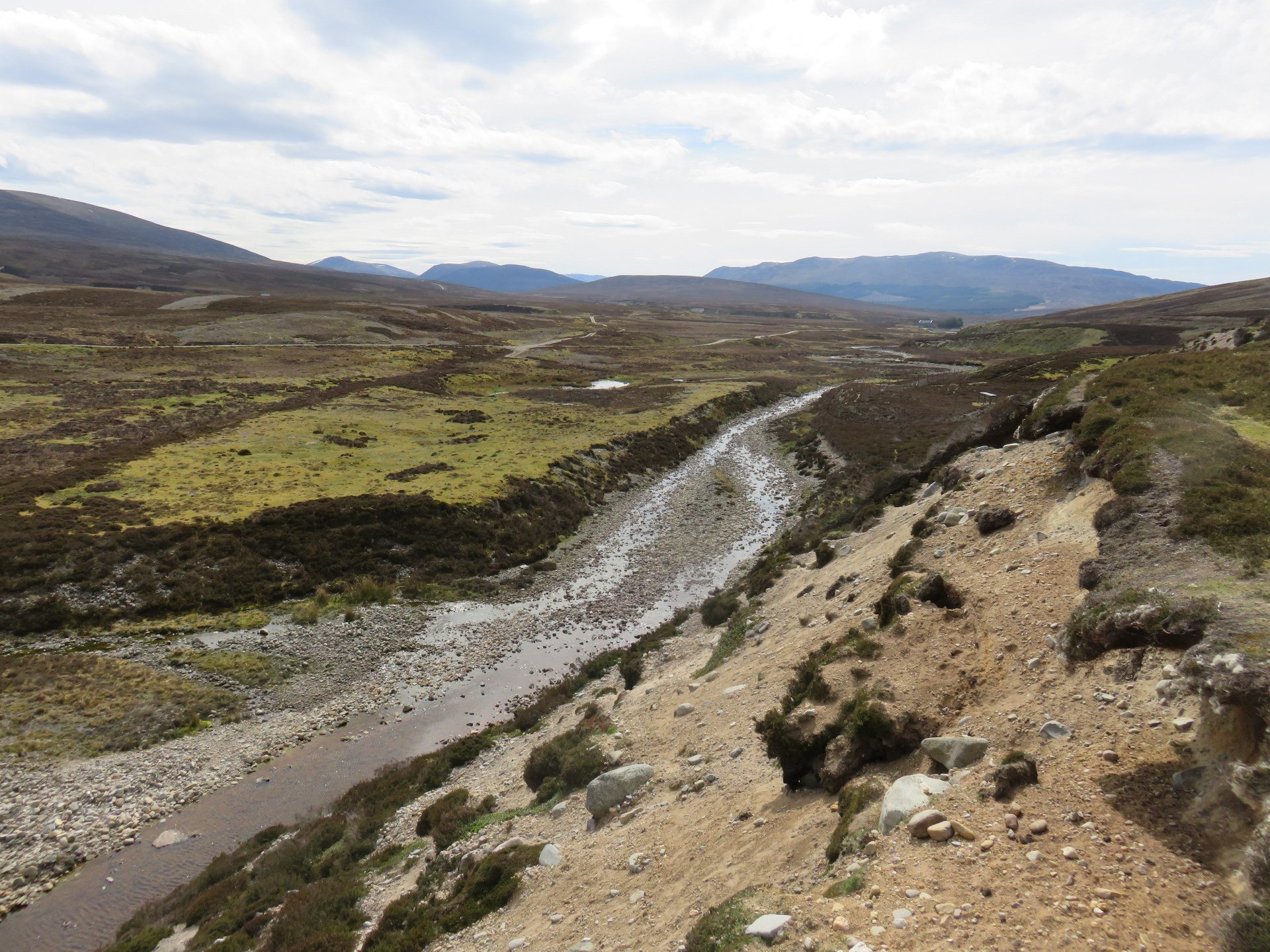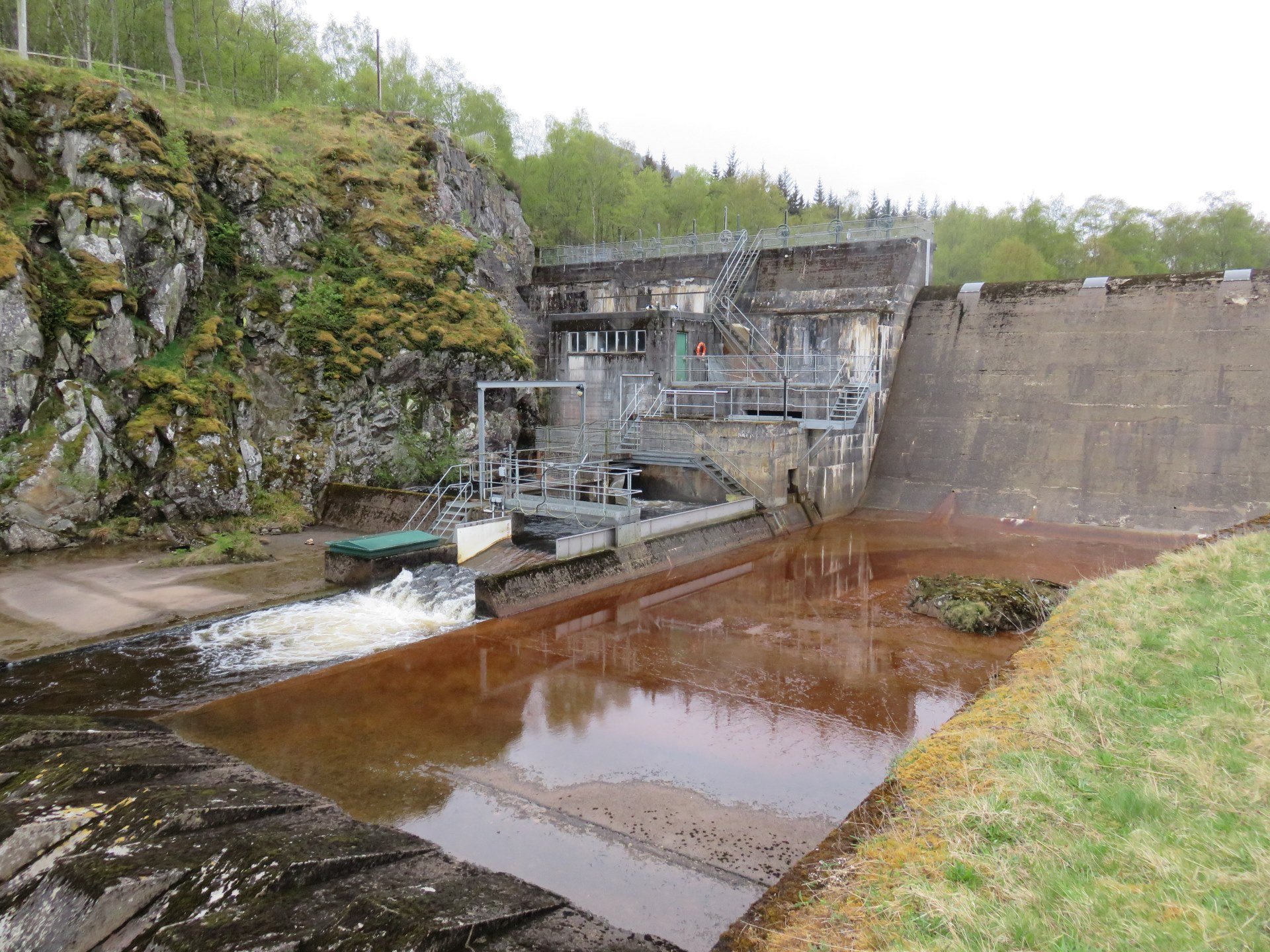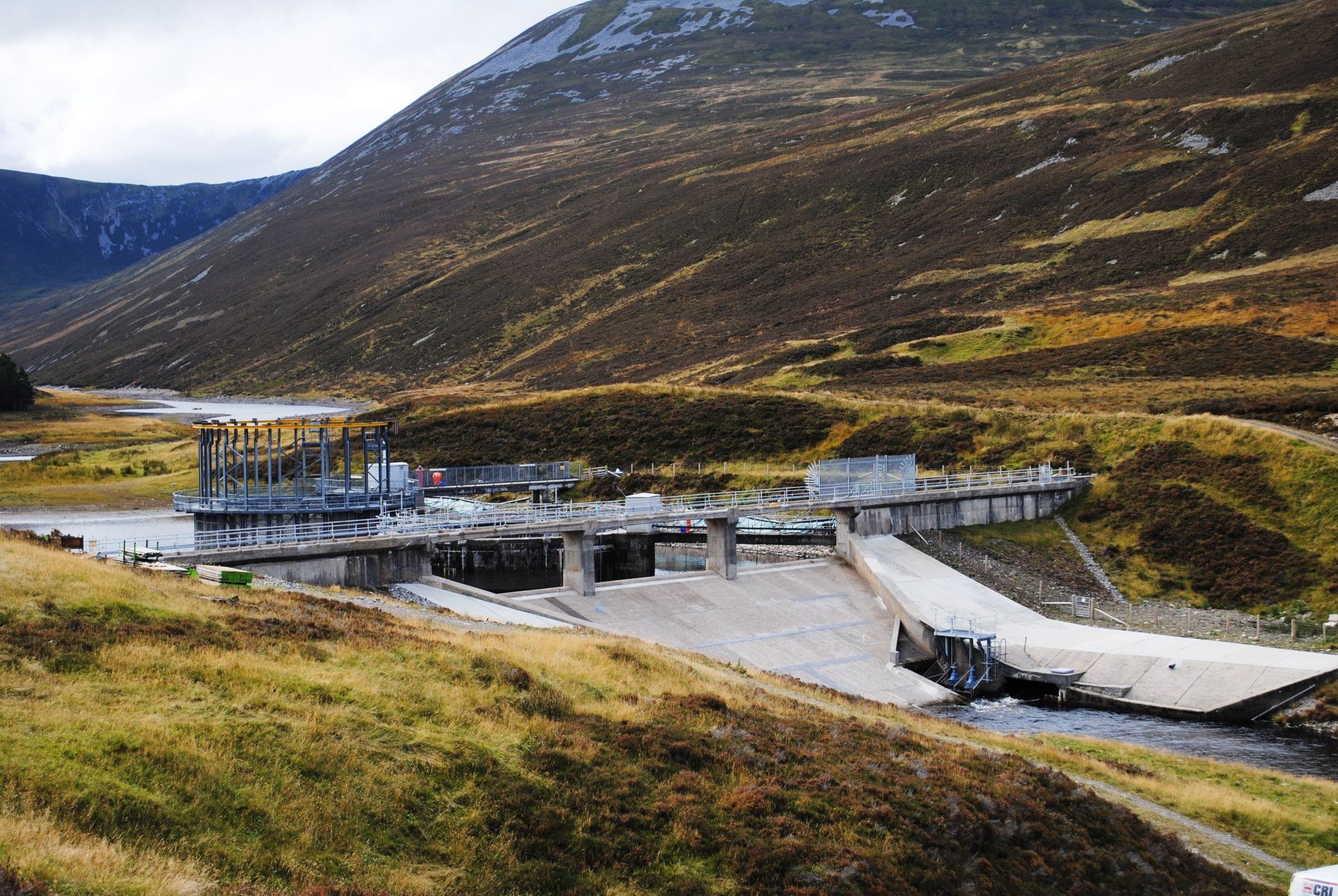The Push to #ReleaseTheSpey
With COP26 now at a close, the Missing Salmon Alliance, Fisheries Management Scotland, and the Spey Fishery Board have issued a call to action. The trio of organisations have called upon the Scottish Government to support a significant reappraisal of water resource management on the Spey, and across Scotland, with the aim being a halt to the damage caused by Hydroelectricity’s need for diverted water. There are a number of species already in a state of crisis, and the lowered water levels and weakened flows that these hydroelectrical schemes create would only serve to worsen that crisis.
This initiative was born of a chain of events that made waves in the months prior to COP26, and garnered the attention of bodies ranging from the Scottish Government to the UN. Initially the Spey Fishery Board commissioned Envirocentre to update their 2008 report on water abstractions throughout the River Spey catchment. This Envirocentre report revealed a significant amount of data that had not previously been available.
Spey River Dam
Among the revelations of the Envirocentre report was the fact that, of fifty-one sites in the Spey Catchment with SEPA licenced & active water abstraction, two abstraction sites accounted for 91% of all the water abstracted from the Spey. The first being the Fort William Aluminium Smelter, which accounted for 66%, and the second, accounting for 25%, being Scottish & Southern Energy’s Tummel Valley Hydro Scheme. The Spey Dam, in particular, is the biggest of all the water abstractions from the Spey and the GFG Alliance are licenced to take up to 85% of the water from the top 12 miles of the river to generate electricity to power the Fort William aluminium smelter.
Tummel Hydro-Scheme
More than just who was abstracting the water, the Envirocentre Report demonstrated the severe negative ecological impact that these water abstractions have. After all, when a river is subject to eighty years of ongoing hydro schemes and water abstractions, much of the river’s sand and shingle substrate has been consistently denuded of its groundwater for decades. The inability of the river to replenish its groundwater supplies make it significantly more vulnerable to the realities of the climate emergency that now confronts us.
Moreover, in 2015 SEPA declared Spey Dam a barrier to fish passage, following research that showed no fish were present above the Dam. The impacts of a Dam like this on Atlantic Salmon are colossal, however they are only the canary in the coalmine of the wider impact of such a barrier upon the entirety of the Spey catchment’s ecology, the rich biodiversity it supports, and the local community that live upon it.
In the light of the wild salmon crisis, it is vital that more is done to protect Scotland’s precious wild salmon. The SFB is working with Fisheries Management Scotland and the Missing Salmon Alliance to do everything possible to conserve and protect Scotland’s iconic wild Atlantic salmon populations. These water diversions for hydro-electricity generation produce a much wider problem than just salmon; they impact upon the whole ecology and biodiversity of the river catchments they drain. We need the Scottish Government and Scottish Environment Protection Agency to reappraise their approach to these huge water diversions and instead put more water down our rivers. That way we might just have a chance of making our rivers more resilient to the huge challenges we all face with regard to the climate emergency.
- Roger Knight, Director of the Spey Fisher Board
As an Alliance of five organisations, we will build on the existing work of our partners and maximise our impact by taking a coordinated approach and vital action in order to halt and reverse the decline of wild Atlantic salmon.
The goal of the Missing Salmon Alliance is to build an evidence-base to influence national and international decision-makers to regulate activities that adversely impact wild Atlantic salmon.
The Missing Salmon Alliance
The MSA is comprised of the following members:
Game & Wildlife Conservation Trust, Atlantic Salmon Trust, the Angling Trust with Fish Legal, The Rivers Trust and Fisheries Management Scotland.
https://www.missingsalmonalliance.org





